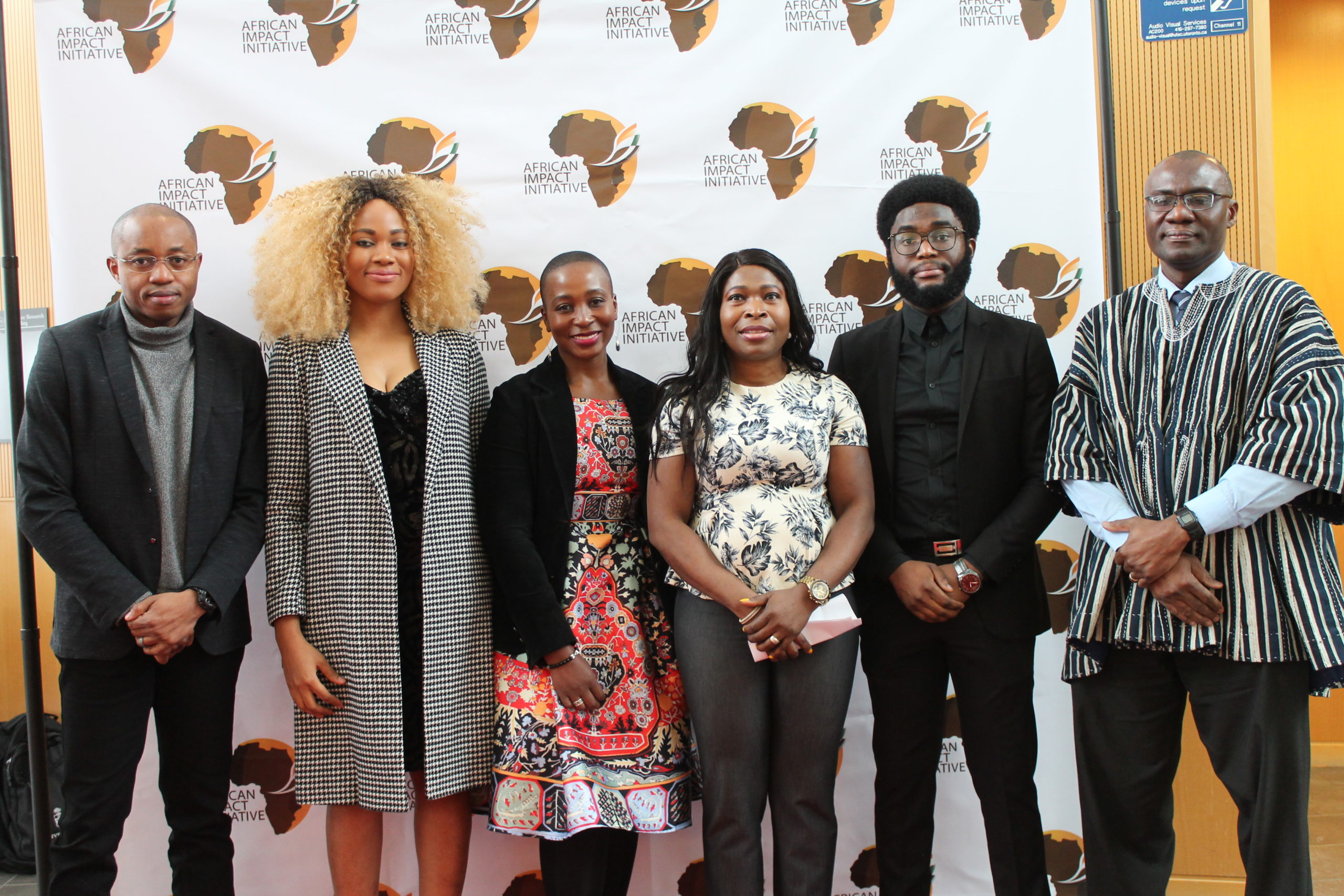The 2020 Advanced Development Objectives (ADG) International Competition for graduate students aims to present innovative and pragmatic solutions to meet the “challenges of social inclusion”.
“Leaving no one behind” is the central and transformative promise of the 2030 Agenda and the implementation of the Sustainable Development Goals. The inclusion of this principle aims to “ensure that the 2030 goals are reached by all segments of society and that those who are the most behind are reached first”. In order to achieve social inclusion and empower the poor and marginalized, it is timely to launch an innovative and cross-cutting call for proposals for mechanisms such as inclusive growth and development in social, education, the creation of decent jobs, the development of community-driven resilience, access to technology and democratization.
Here are some pressing issues and challenges related to social inclusion:
- Employment
- Education and formation
- Financial inclusion
- Social and political inclusion
- Gender equality
- Community-led resilience development
- Inclusive health systems and inclusion of people with disabilities
- Infrastructure, new technologies and digital inclusion
There is an essential need for an interdisciplinary approach to tackle this global problem. The solutions to this pressing challenge should come from a wide range of participation in various fields.
This is why we welcome students from various academic backgrounds to present their ideas and proposals to tackle the issue of social inclusion.
Eligibility
Participants must meet in teams of 3 to 5 graduate students, individual participation will not be allowed.
All team members must provide proof of registration as a graduate student before team registration can be confirmed and validated.
Exceptionally, we may accept the registration of students who are in transition to higher education, provided that they have already been accepted into a higher education program at the time of registration.
Benefits
• Universities located in Africa
• Universities located in Asia
• Universities located in Europe
• Universities located in North America and Oceania
• Universities located in South America
Finalists will also be invited to an awards ceremony where the results of the competition will be announced, preceded by a high-level opening speech on the challenges of climate change.
How to register?
Phase 1 – Registration
Groups must register using the online registration form before March 23, 2020 before midnight (CET).
Each group must choose a team leader who will be the main (but note the only) focal point for communication with the organization of the competition.
Before the registration deadline, proof of registration of all team members must be sent online or to: geneva.challenge@graduateinstitute.ch
Phase 2 – Project submission
The applications should be sent by email to: geneva.challenge@graduateinstitute.ch before 13 July 2020 by midnight (CET).
Applications must include an abstract and a project.
- The summary should be one page and should include short biographies of each team member, a brief description of the problem being addressed by the project and the solution, detailing how the proposed solution will make a difference.
- Projects will have a maximum length of 8000 words, to the exclusion of all notes, graphics and references and must be written in English or French.
- The submissions will combine theoretical analysis, creativity, critical reflection on technical assistance, capacity building and on the development agency.
For more information, please visit their official website.


Comments are closed.